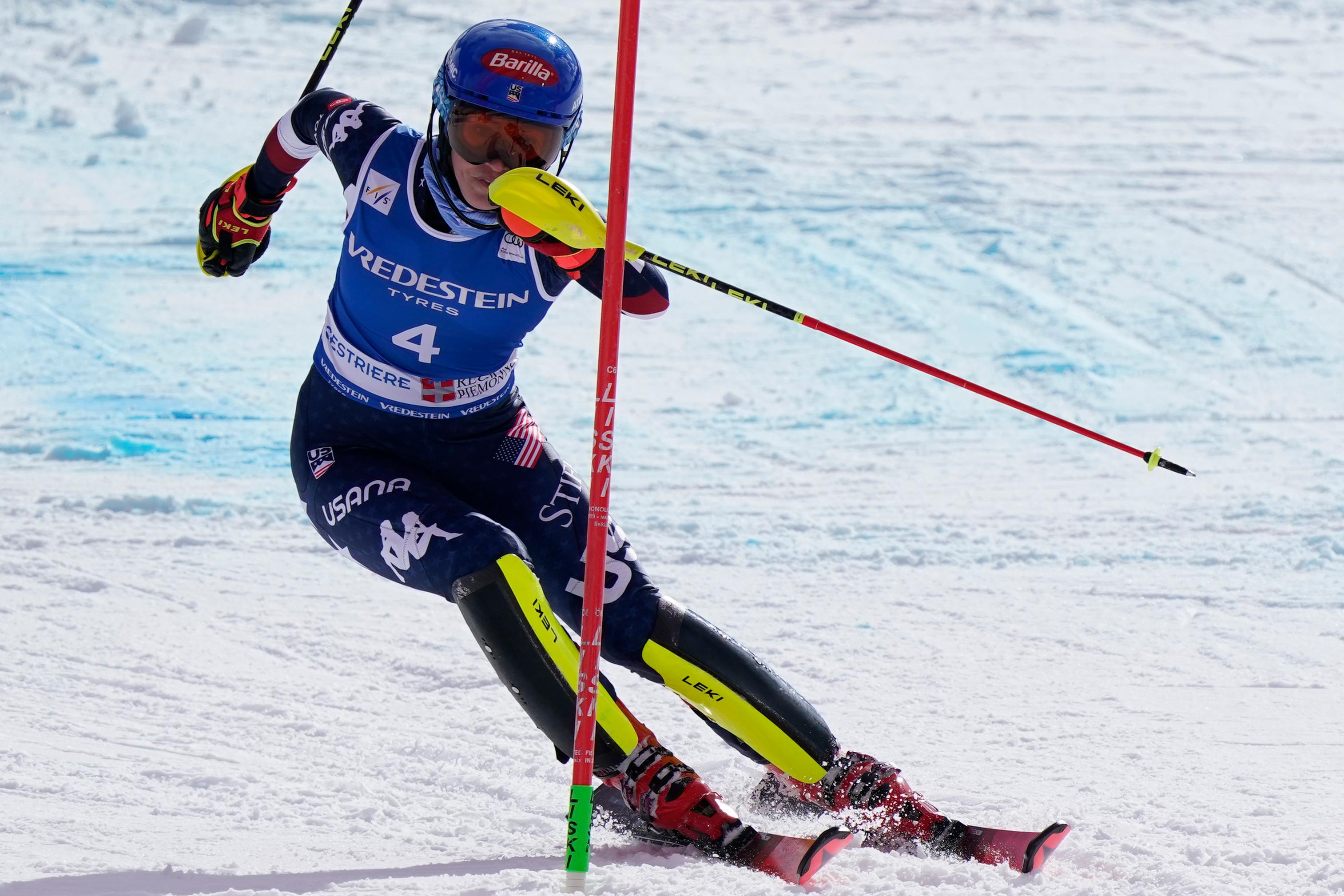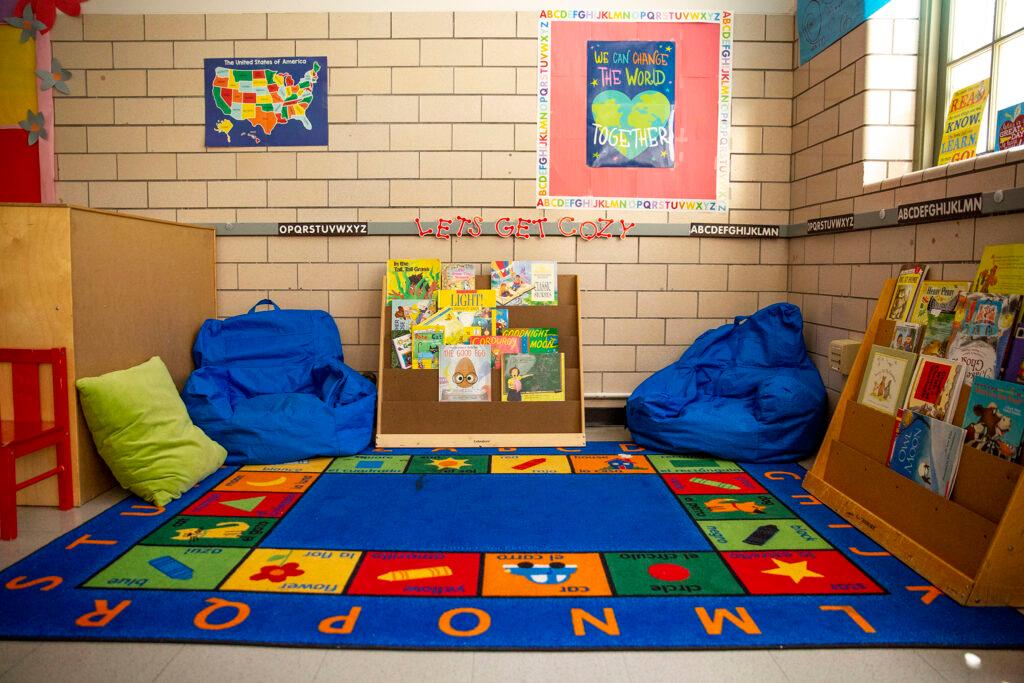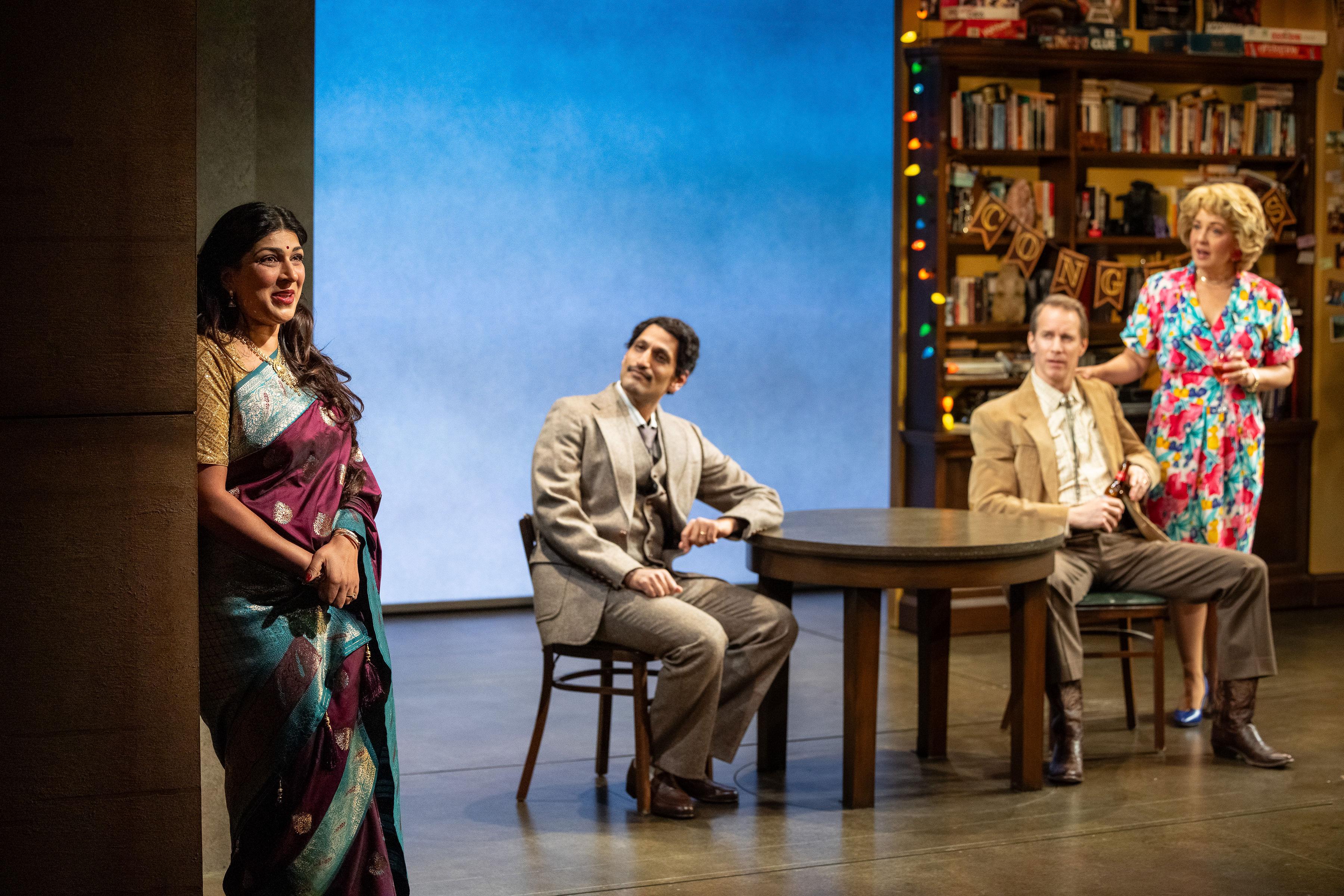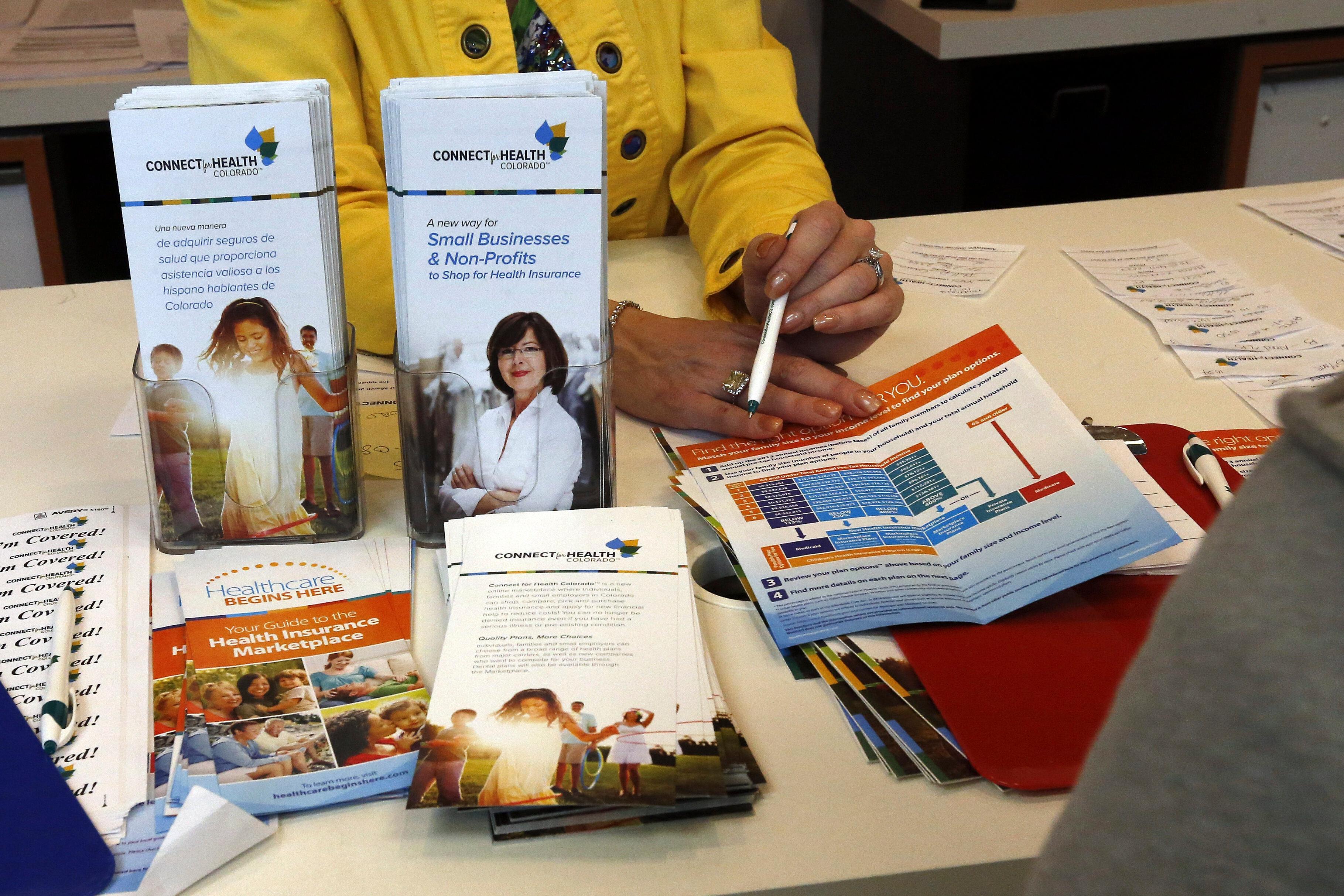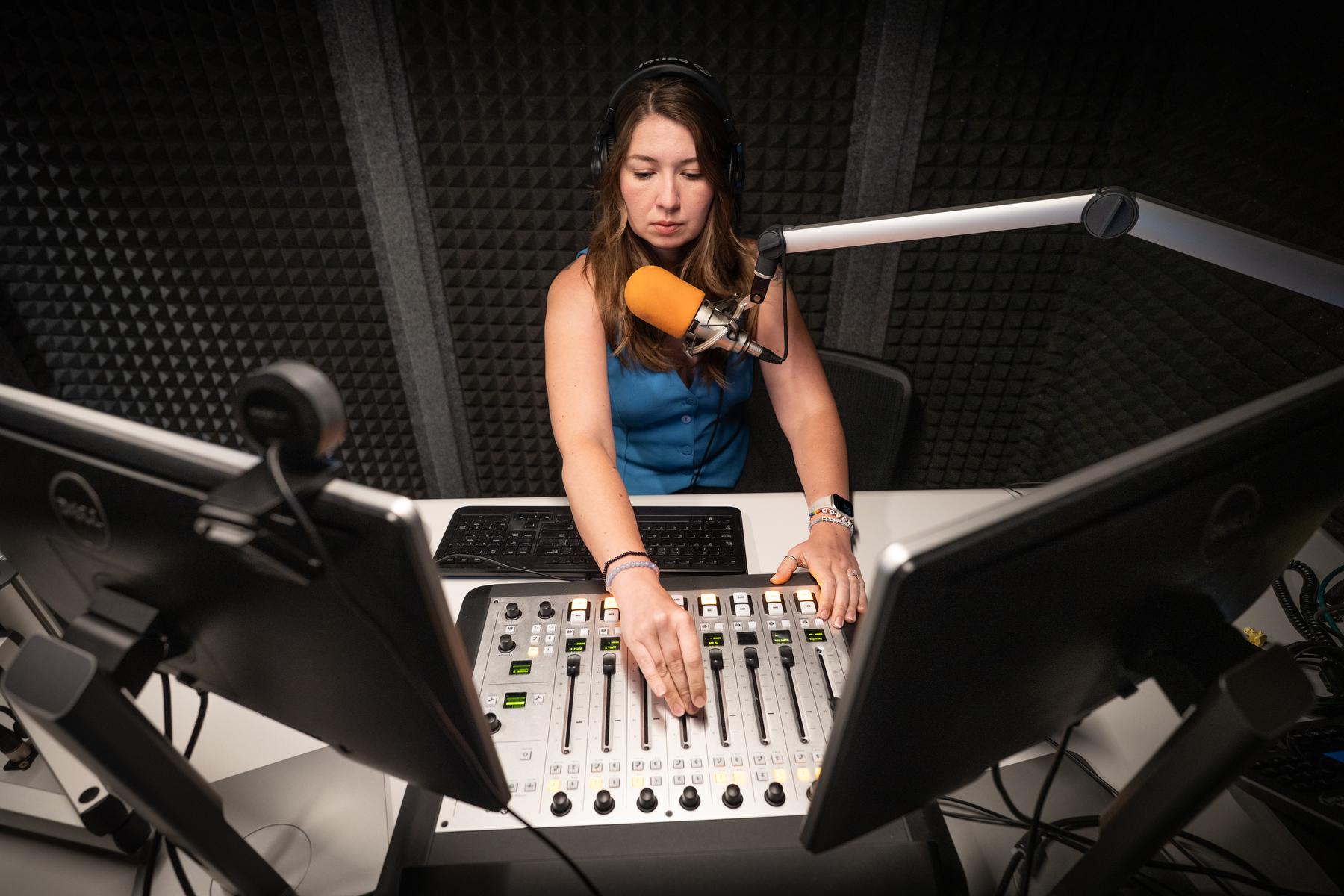
As a radio news reporter, I get asked a lot of questions about how we make the news — how we gather sound, track the audio and get it on air at the right time. The proverbial sausage-making. So I wasn’t surprised that a CPR listener asked Colorado Wonders about one part of our process: how we say things. Like the name of a city or mountain range or even a person’s last name.
“Gala-pay-gos Street instead of Ga-la-pa-gos, and also maybe BYOO nuh Vista instead of BWAY-nuh Vista. — is there such a thing as a state pronunciation guide or an internal guide for you guys?” asked Robert in Morrison.
What was surprising is that I had to do a little digging in my own newsroom to find a good answer.
The first stop: the CPR’s daily afternoon meeting, where editors talk about upcoming stories, reporters’ schedules and the news of the day. After sitting through hearing about a rural Colorado theater and Medicaid cuts. It’s my turn to talk.
“This is the perennial,” I say. “How do we figure out how we pronounce stuff? Is there a list?”
First, I find out quickly, that no, we don’t have an internal list of standard pronunciations. But that doesn’t mean the question doesn’t spark a lively discussion.
“Yeah, Buena Vista,” says one editor.
My editor, Alison Borden, writes a name on a piece of paper and asks Tegan Wendland, CPR’s new climate and environment editor who just arrived from Louisiana, how she would pronounce it.
It reads: SAGUACHE, a town and county at the northern mouth of the San Luis Valley.
“Squash? Though I’m Midwestern. In New Orleans. I don't know. Yes, uch, uch … in the Midwest it’d be Sagoush,” she says.
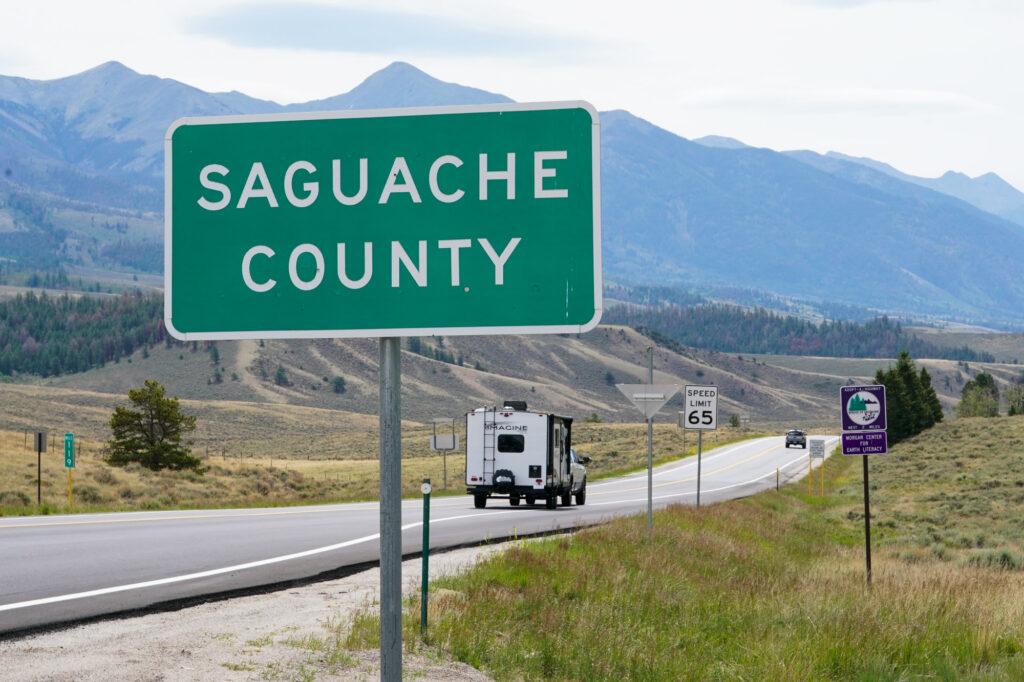
The Colorado pronunciation is Suh-watch, a Sioux word.
It kicks off an in-depth discussion in the conference room. Some Colorado places like that come from the state’s original Native tribal residents. Later names bear Spanish, French and Anglo pronunciations.
“There's sort of an eternal tension on some of those names about which you go with,” says public affairs editor Megan Verlee. She points to the town of Arriba, on Interstate 70 just before you hit Kansas — there is a split between AIR-uh-buh and uh-REE-buh.
“I don't think anybody's trying to turn Limon into Limón that I've heard, though,” Verlee says.
She shares a great obscure Colorado tidbit. A river near La Junta was originally called by the French, “the Purgatoire, the river of lost souls … and then cowboys came through and turned Purgatoire into Picketwire. And so it's Picketwire Canyon.” A quick online search reveals it’s true and also home to the continent’s largest known dinosaur track site, according to the U.S. Forest Service.
So, we have no internal pronunciation document, but there is certainly a generation worth of Colorado knowledge and spirited desire to get it right. There is a broad agreement on some things. Coloradans say the city Arvada and not Ar-vah-da. And what to do when you don’t know how to pronounce something.
“I usually just make a phone call or ask Mike Lamp,” Verlee says. Most editors nod in agreement.
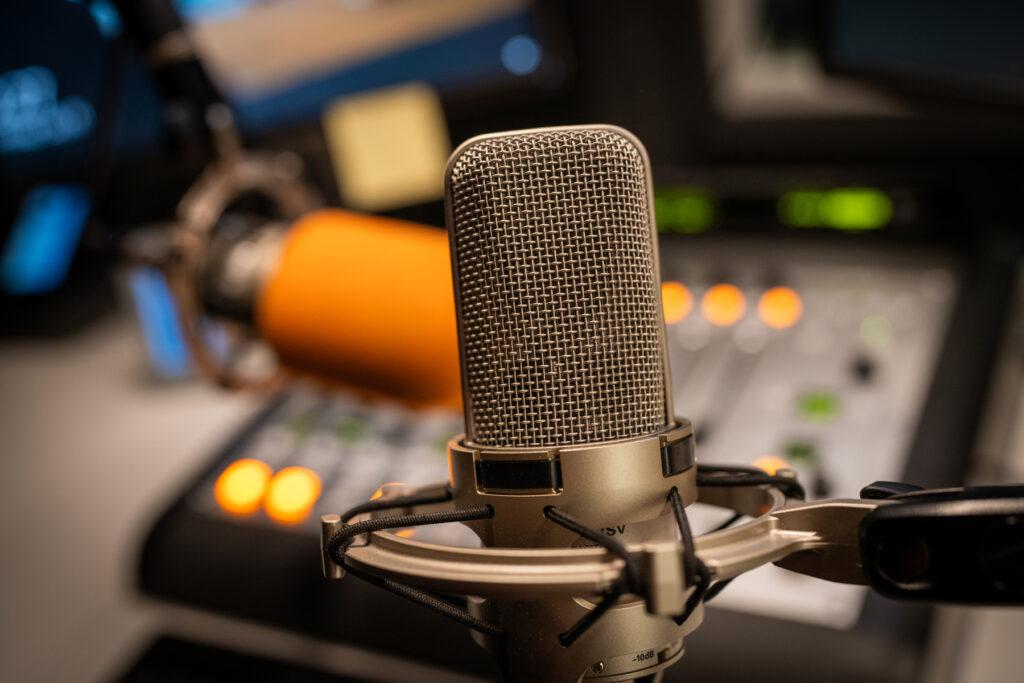
Next stop: the foam-padded booth where CPR’s longtime Morning Edition host, Lamp, talks to you every morning.
“I hope you're not going to ask me to pronounce anything that I don't know how to say,” he jokes and then shares his take.
“I don't know if there is an actual pronunciation Bible that we have here. If we do, and I wouldn't be surprised if there is one, but I haven't seen it,” he says.
Over time, Lamps says, you learn the generally accepted ways to say something. And that may include doing what journalists often do — make another call.
“Many times, very early in the mornings, I have made a phone call somewhere that I didn't expect to get an answer from, but I make the phone call to hear the outgoing message. ‘Thank you for calling the town of Longmont.’ So that I can hear the name of that town, the way they say it there. I've never had any trouble saying Longmont, but you know what I mean?”
Of course, a peek behind the curtain of how news is produced has to include a little reporting, right? So, last stop, I do just that. I called Buena Vista’s town hall.
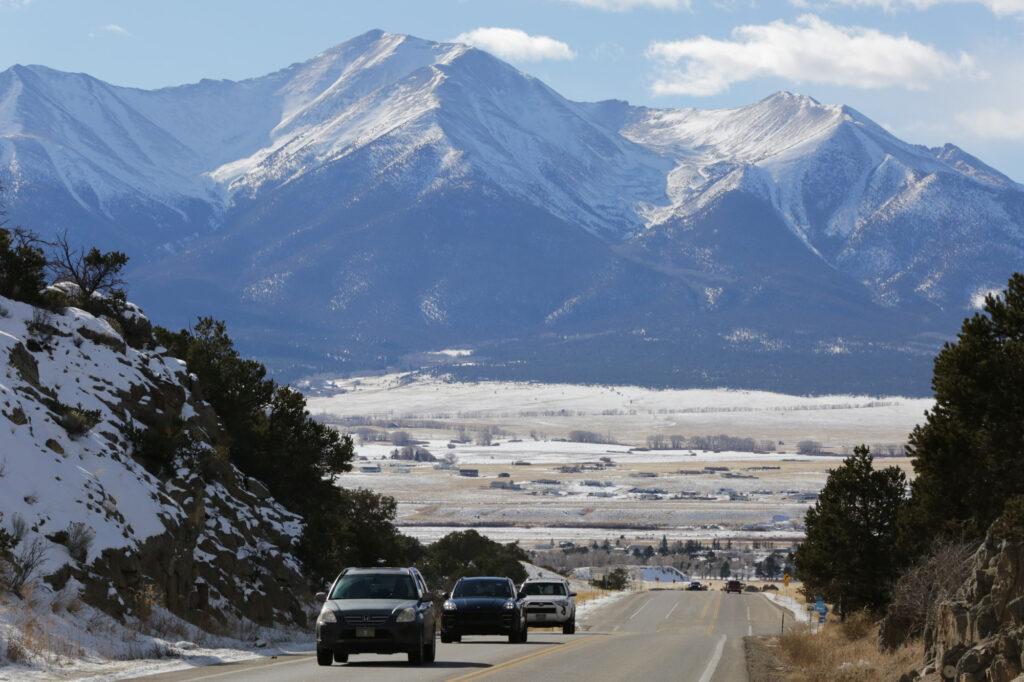
I talk to the deputy town clerk, Ed Bakowski (pronounced Bah-cow-skee) and tell him about the Colorado Wonders question and ask him: BYOO nuh Vista or BWAY-nuh Vista?
He tells me there is a split between younger people and those in their 40s or 50s who grew up there.
“It's really kind of the demographic divide. It seems to be. I think the old guard would insist on calling it BYOO nuh Vista. A lot of the newcomers are calling it BWAY-nuh Vista. It seems to be generational.”
In my search for a CPR guide of pronunciations, I also discovered a document from the Denver Public Library dated Feb. 25, 1966, from the University of Colorado school of journalism.
Compiled by the one-time Alamosa Daily Courier editor, the pronunciation guide offers up how to say the state’s counties, cities, mountain ranges, passes, forests and rivers — and it appears to stand the test of time. It’s pretty helpful. Uncompahgre is un kum PAHG ray, Huerfano County is WAIR fuh noh County. Both those pronunciations check out with CPR’s hosts.
And we know that among Colorado Broadcasters in the 60s, they pronounced the Buena Vista as BYOO nuh vihs tuh.
Still, Bakowski, who has lived there for 13 years, admits the debate is always there, even if it doesn’t spark intense passions of pronunciations.
“And man, it's a tough one. It goes back and forth all the time, so it depends on who you're around. When I answer the phone, I answer it at BYOO nuh Vista. Just to give a nod to the heritage, if you will,” he says.
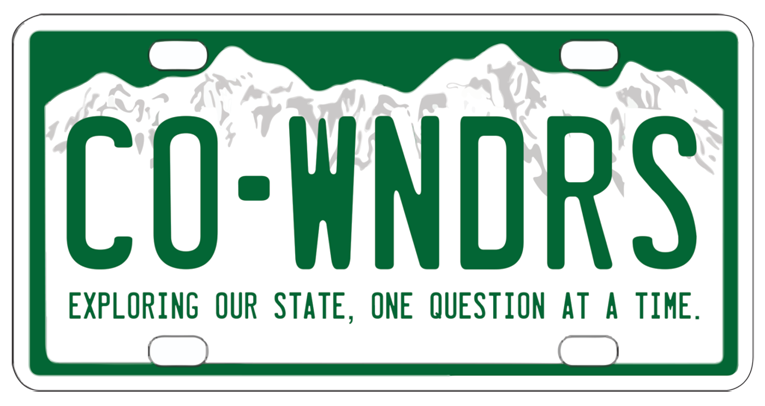
Colorado Wonders
This story is part of our Colorado Wonders series, where we answer your burning questions about Colorado. Curious about something? Go to our Colorado Wonders page to ask your question or view other questions we've answered.

